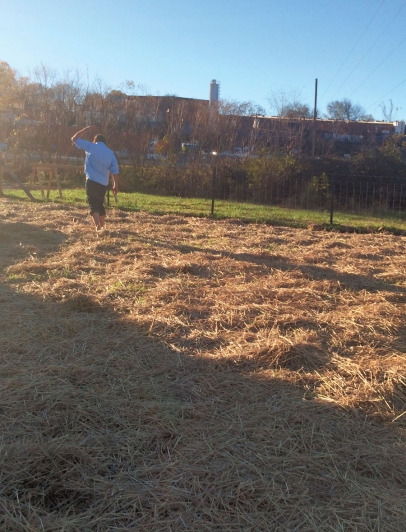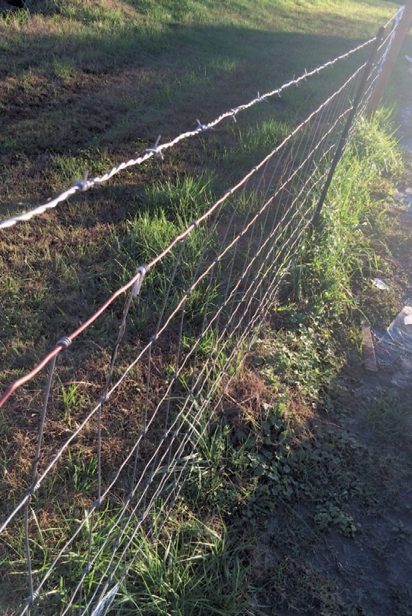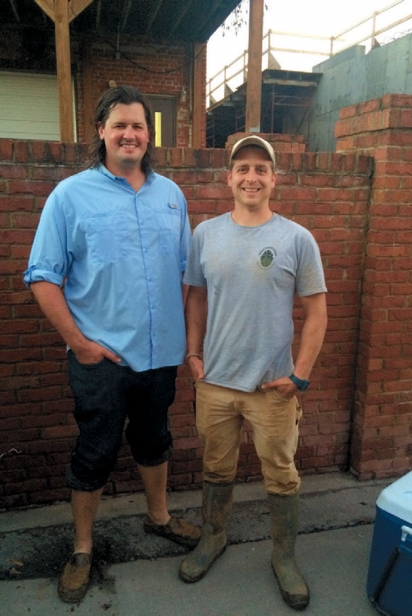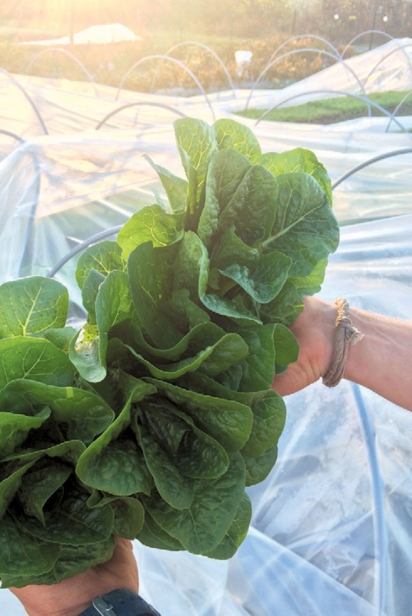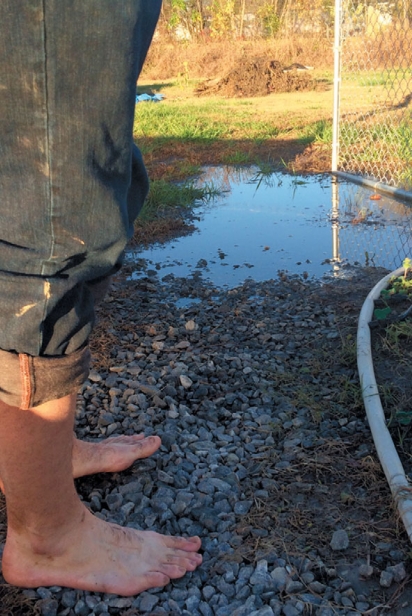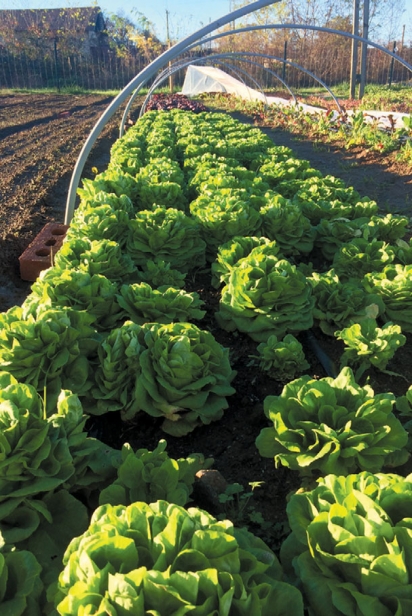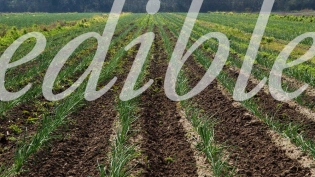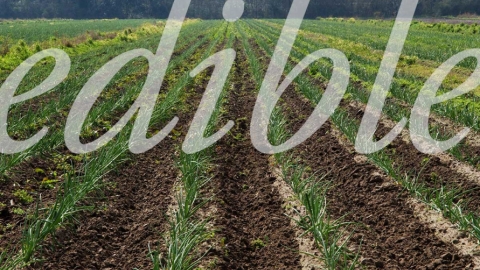Organic George
Urban Farming at Reedy River Farms
When you think of farming, classical images and ideas are unavoidable. There’s a farmhouse, a barn, large expanses of land on which to grow crops or graze livestock. It’s a picture of American history and besides better tractors and FarmersOnly.com, not a whole lot has changed in the last couple hundred years. The average farmer these days is 57 years old and, for the most part, doing things the way they have always been done.
Now, George DuBose and Chris Miller have brought the urban farm concept to downtown Greenville, and we’re picturing things a little differently.
It all started in 2014. Armed with an unfinished graduate degree in literature and internships at Mountain Harvest Organics in Hot Springs, NC and Greenbrier Farms in Easley, George wanted to own his own farm. But he found the traditional model drastically cost prohibitive. “I just wanted to find a way for a normal schmuck like me to get into farming,” he recalls. The first thing you need is land.
George found less than an acre of unused property owned by local developer Phil Hughes behind a vacant building in a flood plain alongside the Swamp Rabbit Trail. Where most of us would have seen an undesirable abandoned lot, George saw untapped potential. He asked Hughes for permission to farm the property, signed a rent-free, five-year lease, and got to work.
He began with 10 tons of organic compost to enrich the silty soil, backbreaking labor for one man. He first planted baby kale, lettuce, salad mix and turnips with surprising success. Eventually he had beautiful produce finding its way to local restaurant kitchens like Restaurant 17 and American Grocery. In September, his friend Chris joined him, fresh from a stint at Ham Family Farm in Michigan, and together they are perfecting the art and science Reedy River Farms.
Winter is a particular challenge. Conventionally, cover crops are used between planting cycles, and the dead of winter would serve as a time of rest for both the land and the farmer. When less than an acre of land is responsible for all of your income, the urban farmer has to maximize production by any means necessary.
Reedy River Farms aims to use the region’s moderate winters to grow product year round. They have constructed low hoop houses which will keep plants protected from freezing temps at night while still getting sunlight during warmer daytime hours. “There will be a lot of covering and uncovering of plants but if it allows us to grow year round, it will be worth it,” Chris predicts. Composting for soil enrichment is also essential, along with “a lot of expensive organic chicken (and here Chris uses a technical farmer term for chicken waste products).”
“Soil inputs are a reality for any urban farmer,” George explains. Operating for maximum productivity does not allow time for natural soil rejuvenation, so it’s necessary to keep the earth healthy and tested regularly to make sure they have the foundation to grow quality product. Though Reedy River Farms is not certified organic, they follow organic practices. “It all starts in the dirt,” George says.
To get the most out of their limited space, rows are planted close together, without wide workable space between them. “You have to work a little harder and bend a little more than on a regular farm,” Chris notes. “You wind up sore in places you didn’t know you had.”
As for business practices, you can’t just open your farm to the public when you are operating in a borrowed field. There is no zoning in place for a farm stand. Goods have to go out exclusively through market sales or direct delivery to restaurants. “We want to grow culinary products,” says Chris, and they’re proud to see Reedy River Farms listed on farm-to-table menus around town. But they have bigger ideas, too.
The long term goal is for Reedy River Farms to operate more urban farm plots across town. The owner of the Swamp Rabbit Inn, Wendy Lynam, has invited them to work an acre of land she owns just north of Furman University. It’s a mutually beneficial endeavor, giving George and Chris more acreage to produce with while beautifying the property. Maybe they’ll even supply produce for future farm dinners at the inn one day. Planting begins in the spring as Reedy River Farms officially doubles in size.
We asked George if there were any downsides to being in a semi-industrial neighborhood in the shadow of downtown Greenville. Theft? Property damage? Anything?
“Well the Swamp Rabbit Trail is right there.” He points about 100 feet away. “Mostly people just stop and tell us we’re doing a good job.”
Indeed you are guys. Keep up the good work.
Reedy River Farms
78 Mayberry Street
Greenville
864-419-0385
www.reedyriverfarms.com


